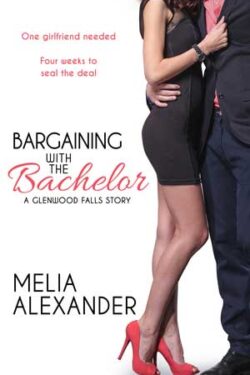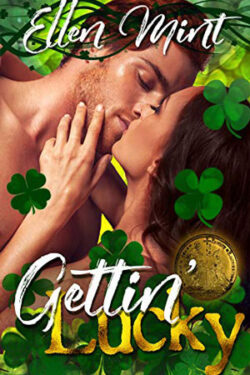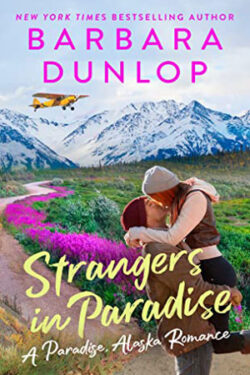A Rose By Any Other Name by Bryn Colvin
One of the things that will immediately turn me off a book, is an inappropriate collection of names. It’s a real pet hate of mine. Some writers seem entirely unaware of the fact that names are culturally, geographically and historically specific. Celts, Mediaeval Britons, and Regency nobles did not have the kinds of names that modern Americans have and the differences between these three groups are colossal. Furthermore the kinds of names English people had were different from their Welsh, Scottish and Irish counterparts.
Names are very specific things. There are surnames in the UK (and no doubt this is true of other European countries as well) that are place specific. Andrewarthur, and Trevithick are Cornish, Posthlethwaite is northern. Where towns are concerned, those ending in “thwaite” are northern, probably Yorkshire, “bury” endings crop up in former Saxon areas (not Wales). Having a certain surname doesn’t mean you have to come from a specific place, but the odds are your parents did, or their parents.
If you are writing in a Christian setting, you can safely use any name from the Bible for any Christian or Jewish characters. Some Saxon names remain popular : Alfred, Edgar, Edward, Ethel, but don’t call a modern Brit Beowulf, unless you’re prepared to explain it! Once William the Conqueror arrived in 1066, French surnames dominated the upper classes, and French/continental derived names : Charles, Emma, Perin, Isobel, Kathryn, etc become popular. Lower social orders may well have kept using the old Saxon names, but the new nobility would not have done. If you use a place name as a surname, make sure the town would have existed before your book begins. We do have new towns.
Surnames : these may derive from a person’s place of origin : D’Artagnon, is a prime example, literally meaning “from Artagnon”. Tradespeople and artisans have their traditional family craft as a surname, and these remain common in the UK today : Thatcher, Fletcher, Smith, Baker, Miller, etc. The other popular surnames follow the Viking style: “son of” e.g. Pearson, Simpson, Nicholson. Watch out for Welsh surnames because traditionally, these involve tracing lineage, where you cite your father’s names back three or four generations. Gwydion ap Llewellyn ap Morgan ap Gwydion for example. Conventional surnames in Wales are a relatively modern imposition.
For the Victorians onwards, you can use virtues as names (usually for girls). Prudence, Felicity, Verity, Chastity, Faith, Hope, Unity, Honour, Charity, Grace, Patience.
If you do not know the origin of a name, type it into a search engine, alongside the word “etymology” and this way you can quickly check the age and origin of a name. It really does matter. Also check out any titles you want to use, make sure you understand the differences between dukes, earls, barons, lords, viscounts and so forth in the period your book is set in. The powers and responsibilities associated with these titles vary over time. Make sure you know how such a person would be addressed, both by peers and underlings. Offer me up Edmond Willoughby, Baron of Chichester, and I might believe you. Lord Chuck of Berry, and Duke Ferdinand of Milton Keynes are not going to pass muster. Appropriate names add credibility to your book, while unsuitable ones undermine your efforts.






